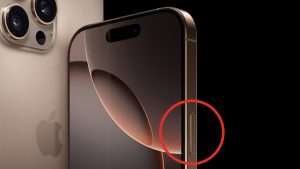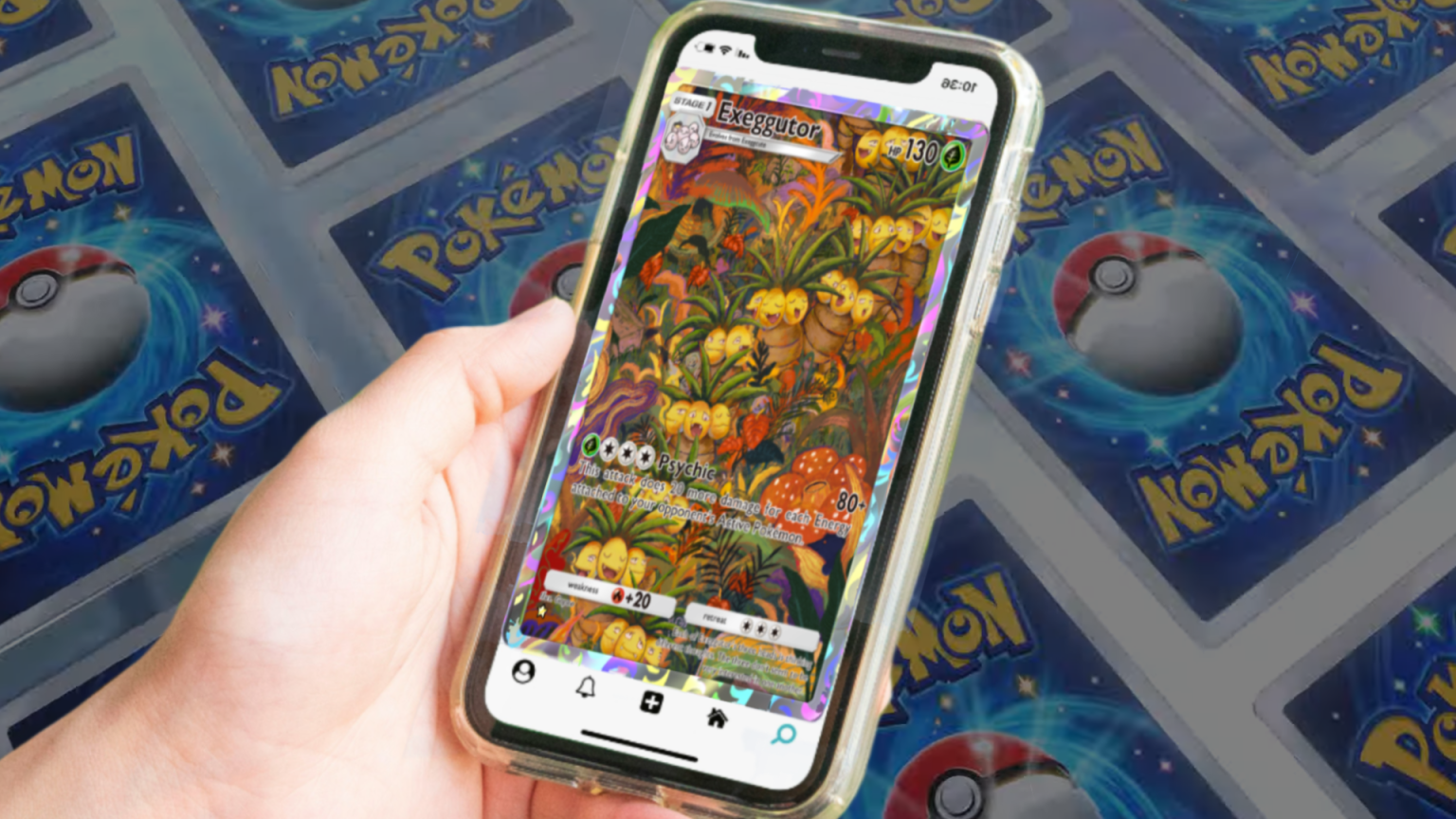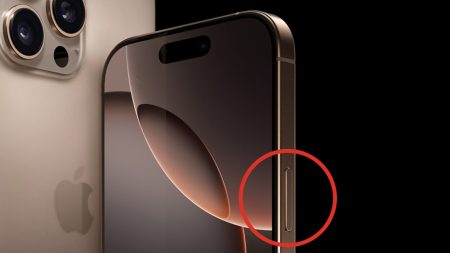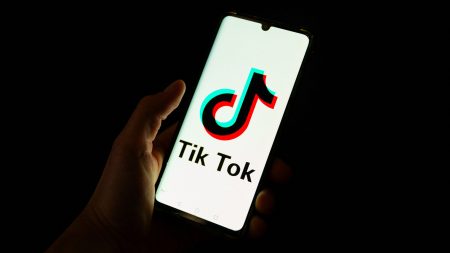The Pokémon Trading Card Game (TCG) Pocket app has enjoyed considerable success, captivating players with the thrill of collecting and battling virtual Pokémon cards. The core gameplay revolves around opening booster packs to acquire new cards, a process inherently reliant on chance. This element of randomness has left players eagerly anticipating the promised trading feature, a mechanism that would allow them to strategically exchange cards with friends and complete their collections. This much-desired functionality was initially slated for release in January, following an announcement late last year, and recent updates have confirmed its imminent arrival.
The Pokémon Company has now provided details on how the trading system will operate within TCG Pocket. Crucially, trading will be restricted to cards of “diamond” or “one-star” rarity, and trades must be “like-for-like.” This stipulation means that players can exchange standard cards, EX cards, and standard full-art cards with their counterparts. However, certain premium cards, including full-art EX cards, full-art trainer cards, immersive cards, and gold cards, are excluded from trading. The like-for-like requirement ensures fairness, preventing players from trading a common card for a significantly rarer one. For example, trading an EX card requires receiving another EX card in return.
The implementation of the trading system also introduces a new layer of resource management to TCG Pocket. While the specifics haven’t been fully disclosed, trading will require in-game resources. Speculation suggests that this could involve using existing resources like Shinedust, a resource analogous to Stardust in Pokémon Go, which is used for various in-game actions. Alternatively, the developers might introduce a new currency specifically for facilitating trades. This introduction of a cost associated with trading could influence player behavior and add a further strategic element to the game.
Accompanying the launch of the trading feature, a new booster pack will be added to TCG Pocket. Current speculation suggests that this new pack will either expand the existing Mythical Island set or introduce an entirely new expansion, further broadening the card pool available to players. The addition of new cards is a routine practice in TCGs, keeping the game fresh and exciting for long-term players while offering new strategic possibilities. The introduction of a new booster pack concurrent with trading allows players to immediately engage with the new trading system, exchanging newly acquired cards with friends.
While the exact release date for the trading feature remains unconfirmed, The Pokémon Company has assured players that it will be launched before the end of January. This highly anticipated update will significantly alter the dynamics of TCG Pocket, shifting the reliance solely on pack openings to include strategic trading among players. The addition of a new booster pack enhances this shift, introducing new cards into the player ecosystem for trading. The community eagerly awaits this update, which promises to add depth and social interaction to the TCG Pocket experience.
The introduction of trading promises to revolutionize the TCG Pocket experience. Players will no longer be solely reliant on the luck of the draw when opening booster packs. The ability to trade with friends will allow for targeted collection building and strategic deck construction, fostering a stronger sense of community and collaboration within the game. The “like-for-like” trading system aims for fairness while ensuring the continued value of rare and highly sought-after cards. The simultaneous release of a new booster pack will inject fresh content into the game, further invigorating the trading scene and offering players new opportunities to enhance their collections and refine their decks. This highly anticipated update marks a significant step in the evolution of TCG Pocket, solidifying its position as a compelling and engaging digital card game experience.











